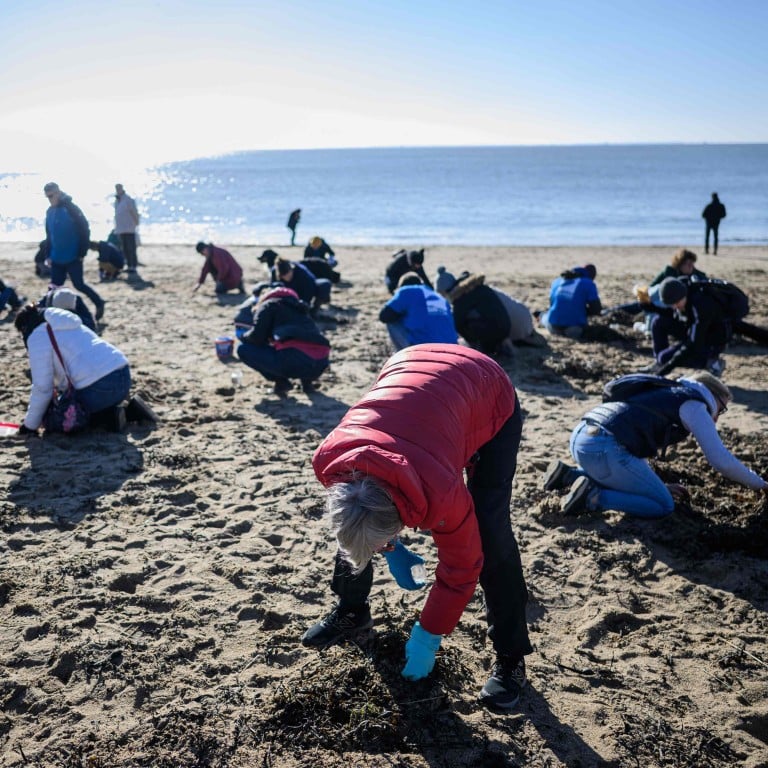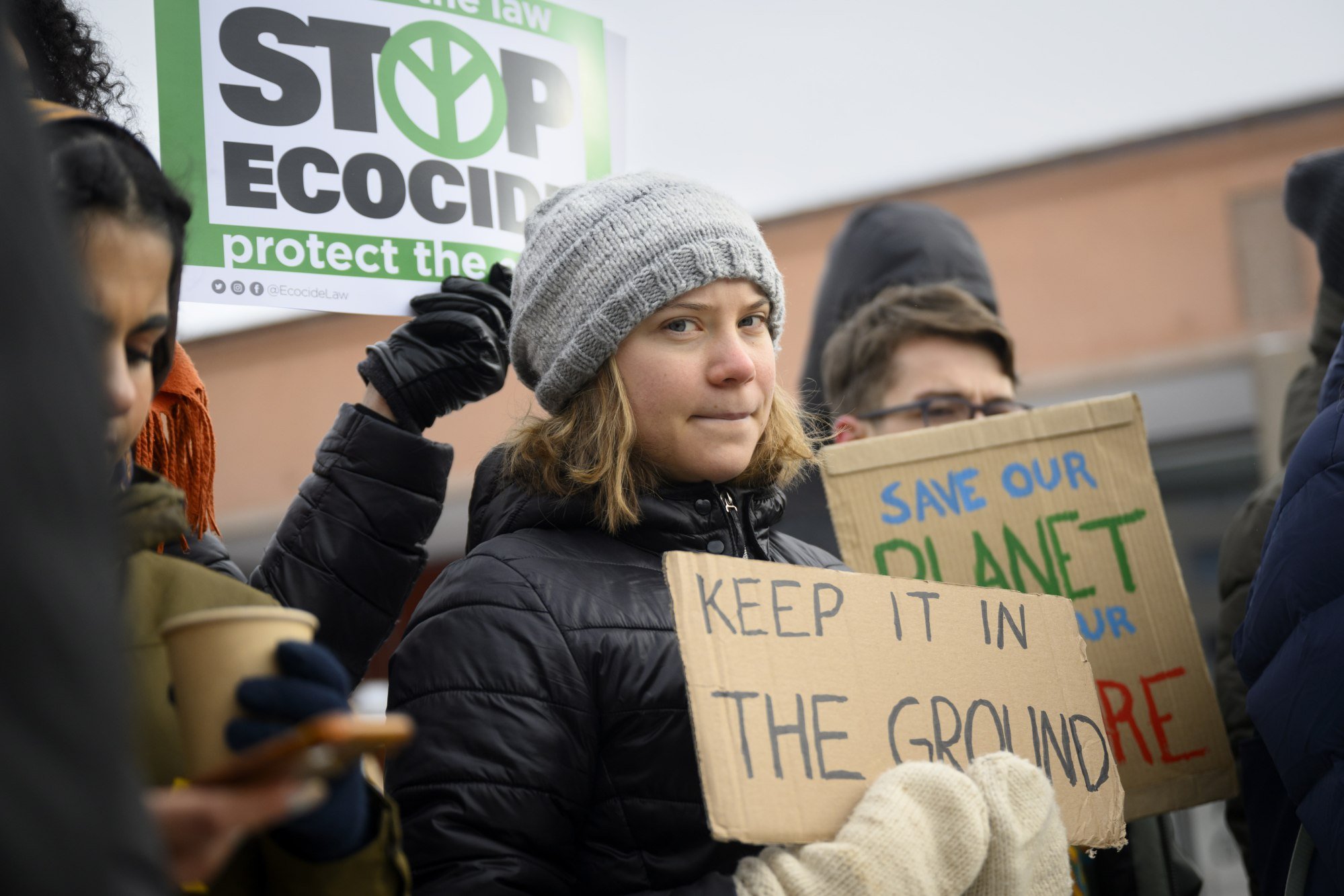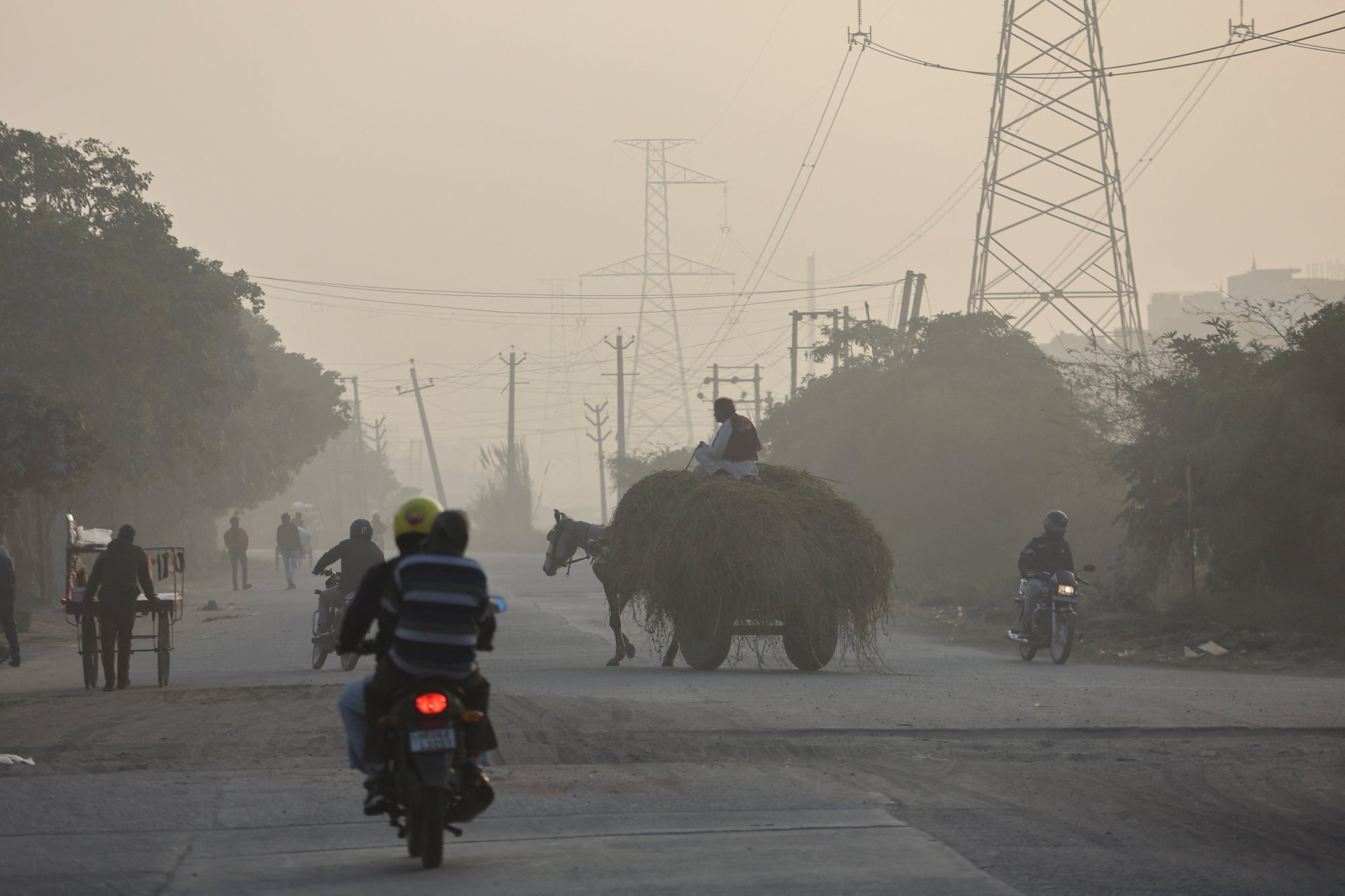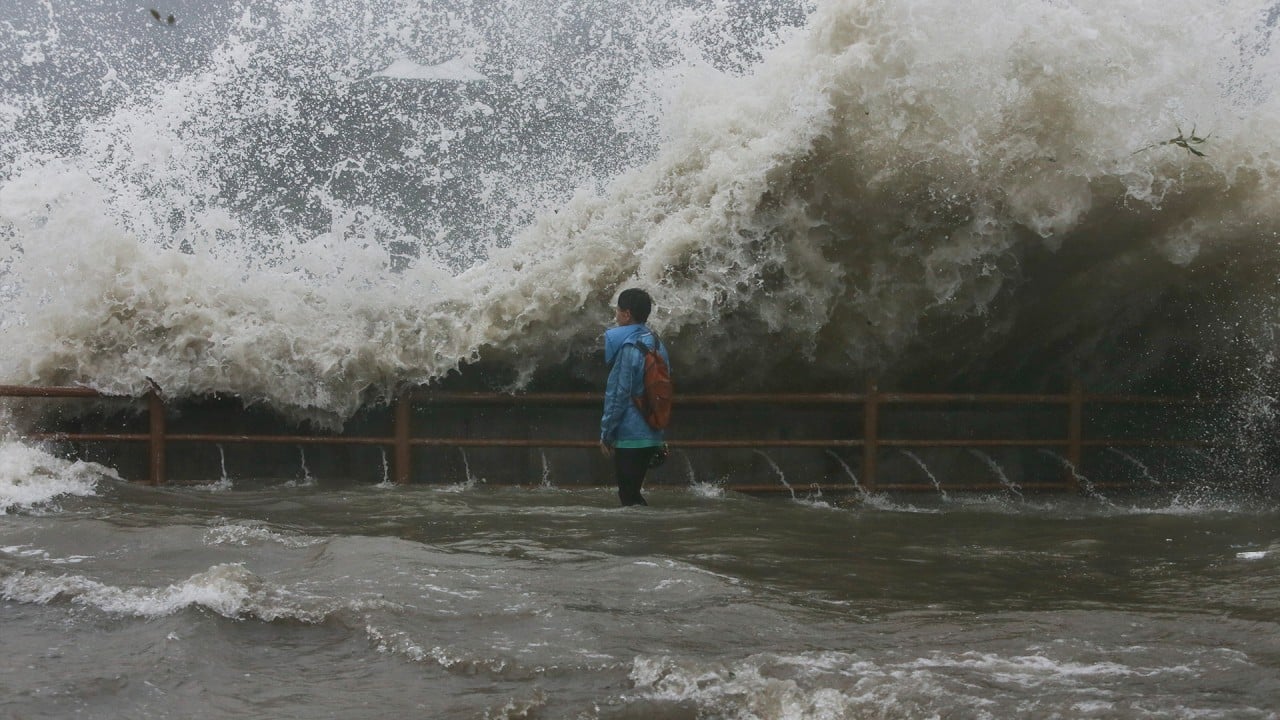
Climate systems are beyond human control – someone should tell the global warming activists
- Historical data shows global warming and extreme weather are nothing new
- Climate activists are fighting the wrong battle by focusing on temperature targets – much better to reduce human impact on the environment by cleaning up after ourselves better
Pressure is quite rightly increasing on big business to finance the transition to a greener future. France’s finance minister Bruno Le Maire said: “The key question is not China first, US first, or Europe first. The key question for all of us is climate first.”
How to pay for “climate first” during a time of cost pressures, however, was not addressed. A stalemate exists between global businesses, which dig in their heels, not knowing what they will be blamed for next, and the greens who are becoming extremist to the extent of violent action.
Climate change activists believe with an arrogance that they are right, even as much of their thinking is based on a poor understanding of science and realpolitik. They are barking up the wrong sustainable trees, focusing on climate change targets based on criteria such as keeping global warming to 1.5 degrees Celsius of current levels, or buzz words like “net zero”. Well, good luck with that.
As a professional geologist back in the 1970s, I would like to think that I was an environmentalist before Greta’s dad could spell “environmentalist”. But I am also aware that the human population on Earth is living on the tiny crust of a molten ball of magma, travelling through space at over 100,000 km/h – and spinning on its axis.
If this is not a fine example of a steady state in dynamic equilibrium, then I’m a climate change denier. The clue is in the word “dynamic”; today’s extreme weather is not extreme – it is the norm. And looking at the swings in the Earth’s long history, a few generations will not tell us what “extreme” temperatures actually are. This should give pause to the current shouty narrative.

Any suggestion of holding temperatures steady is patently ridiculous on a planet estimated to be 4.5 billion years old, when you don’t know where the mean is. In the past century, average temperatures have risen 0.7 degrees Celsius, yet in the last ice age, temperatures changed by 5 degrees in a few decades. There is no doubt that global warming has been influenced by humans, but it is a small contributor to change.
The melting of the polar ice caps may cause sea levels to rise – or may not. Will the seabed depress with the extra water loading? Will the Earth’s crust rise because of the removal of the ice loading? An example of dynamic equilibrium at its finest.
Living with climate and temperature change is something that humans are going to have to learn to do. It is also something that our three-times great grandchildren will be talking about. Holding things in place is to ask Atlas to stop the world spinning – at which point we all fall off.
It is time to move away from an immature discussion on climate change to a nuanced policy of what humans themselves can do to protect the environment. Anyone who has been canoeing or sailing around the coast of Hong Kong knows that every little crack and cave in the coastline is full of rubbish.
Hong Kong’s bad old practices on waste continue despite new policies
Energy demand will only grow and must rely on coal and nuclear power, and the economics of cleaning these fuels must be made to work.
When the Northern Hemisphere opens its collective windows to let the spring air inside, it matters little to global warming whether that lost heat has been generated from renewables or coal. The successes of the cleaning up of the London smog back in the 1950s is an example for the pollution in New Delhi and Mumbai today.

Climate change activists are wasting their energy, and everyone else’s, by treating the symptom not the disease, by narrowly focusing on temperature targets over which humans have little control. Oil companies will do the right thing if given incentives.
If we can clean up the earth, water and sky, and make fire more efficient, we will automatically reduce the human influences on global warming. The more we focus on global warming and climate change and not on neutralising our own waste, the more we will fiddle while Rome burns.
Richard Harris is chief executive of Port Shelter Investment and is a veteran investment manager, banker, writer and broadcaster, and financial expert witness


